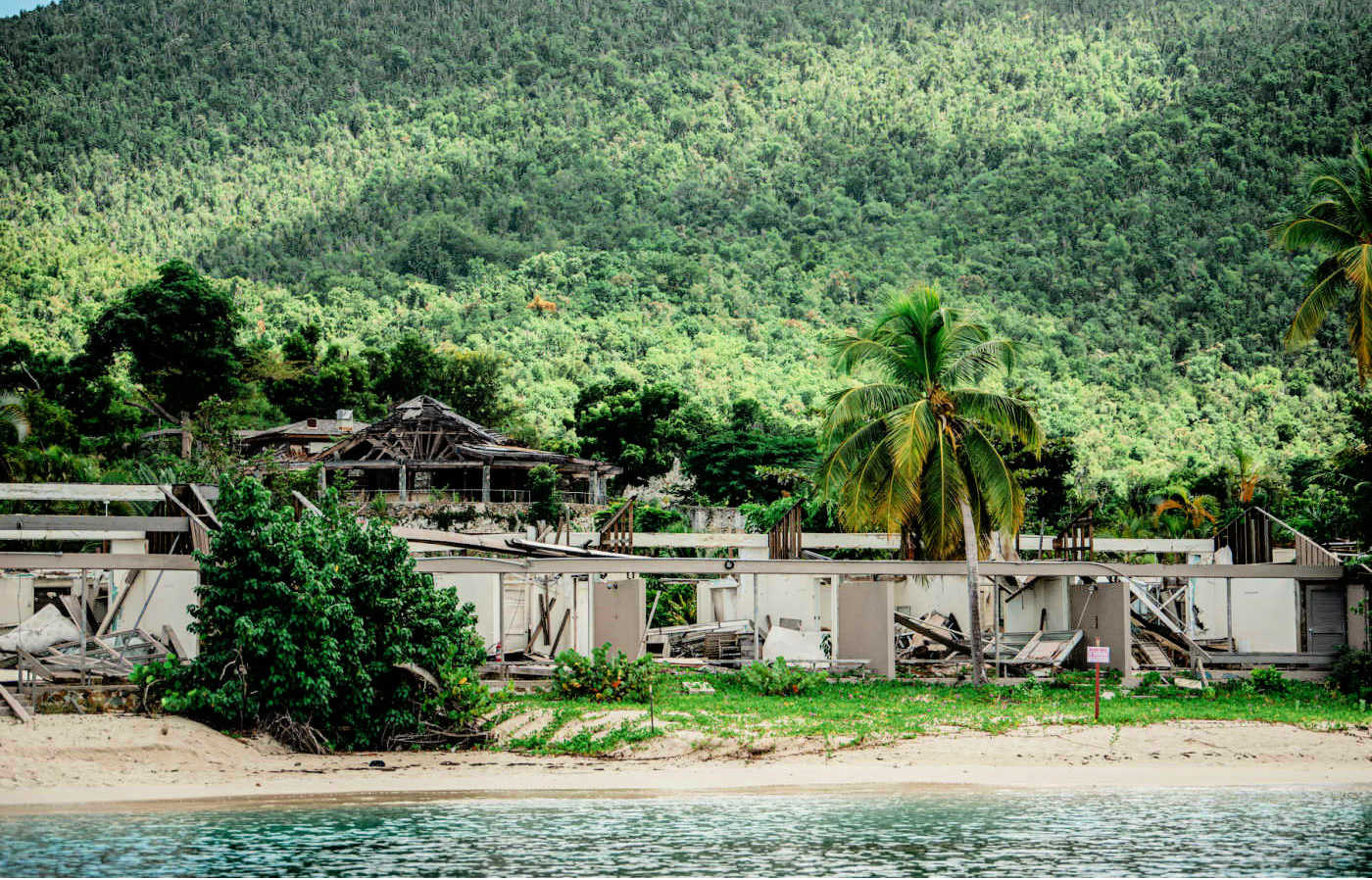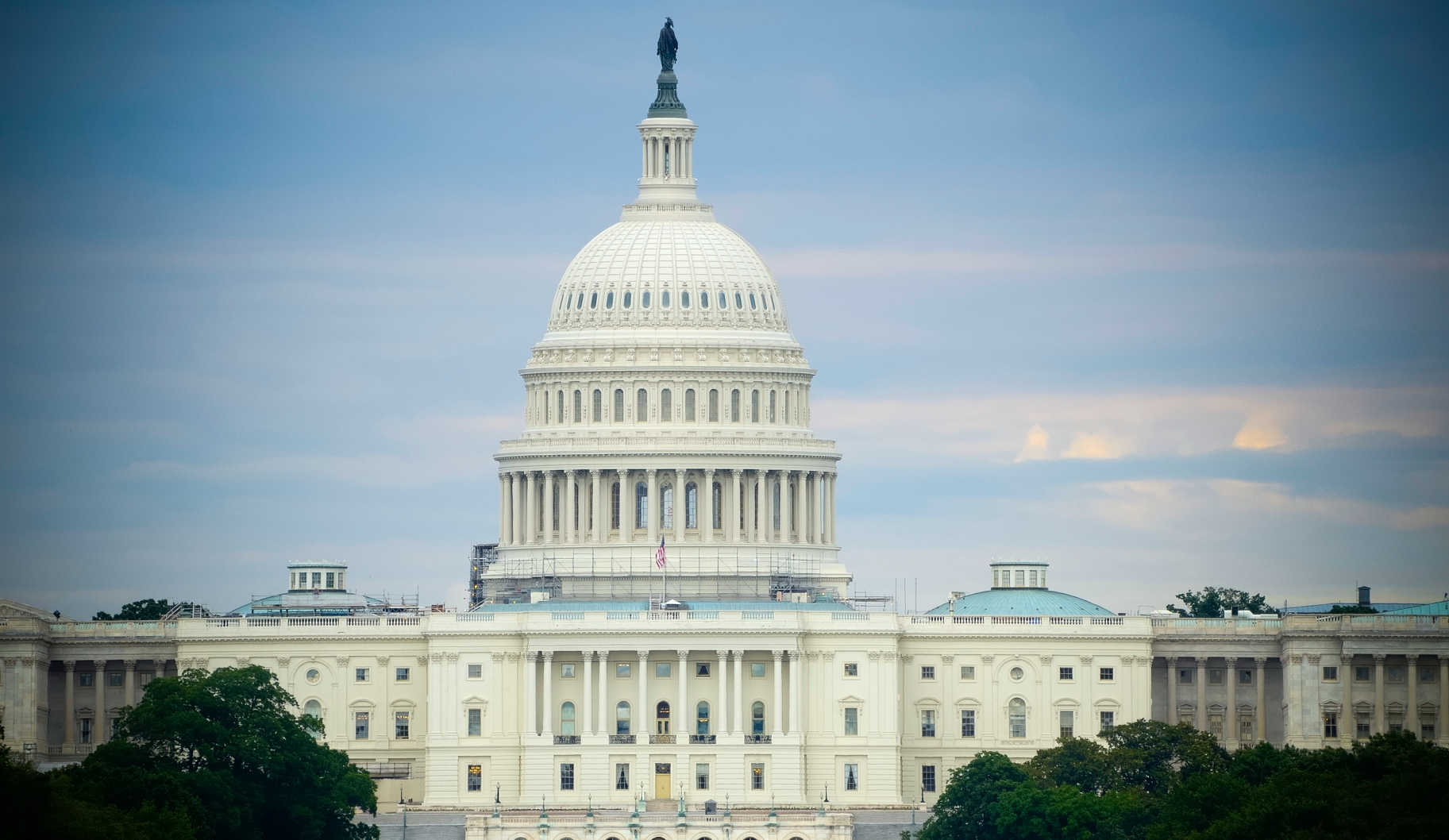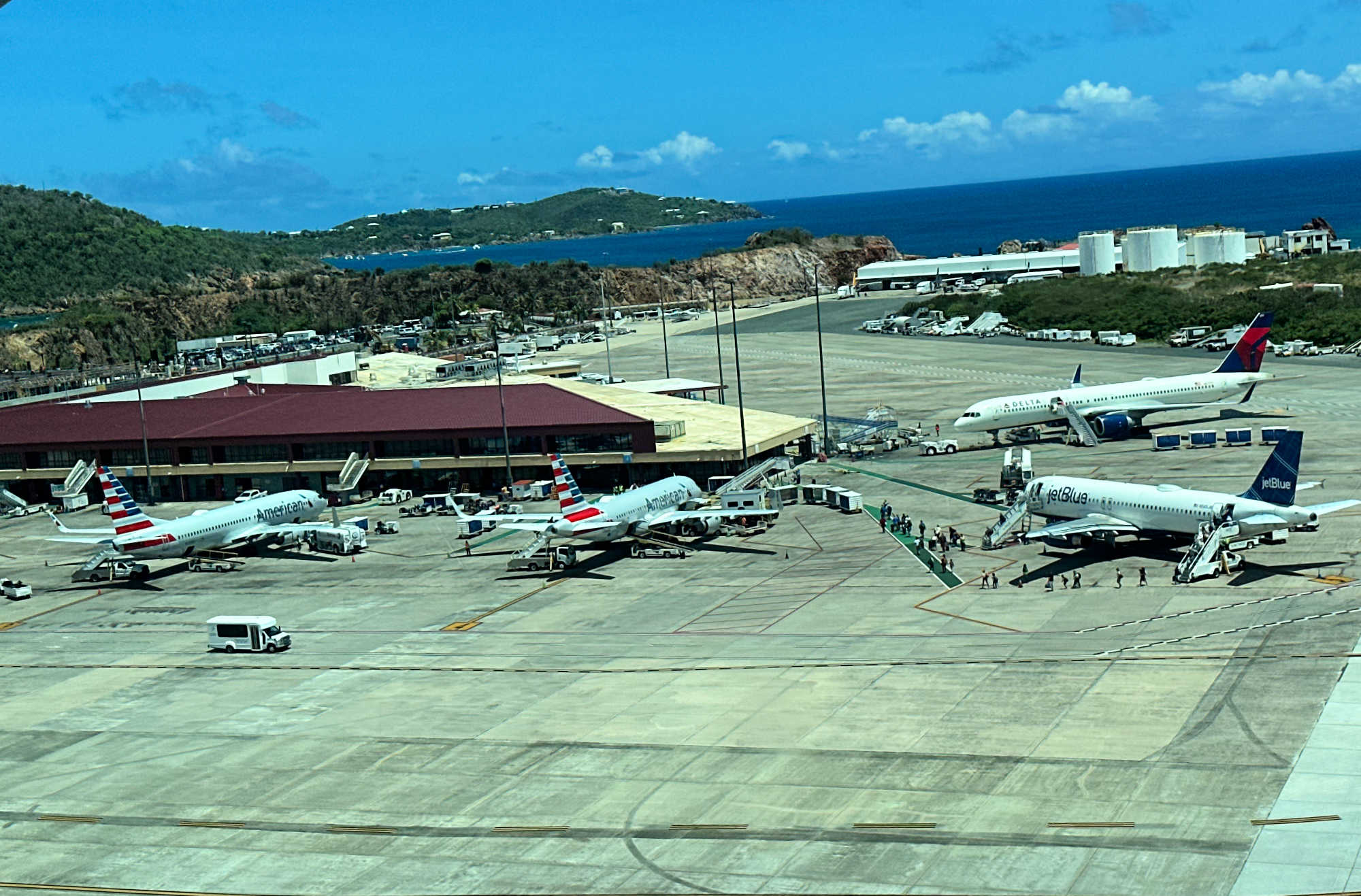Federal
International Dark Web Drug Network Involving U.S. Virgin Islands Dismantled

In a significant development, the U.S. Department of Justice announced on Friday the guilty plea of an Indian national in a sprawling drug trafficking and money laundering conspiracy. This complex network, which cleverly utilized the dark web to obscure its operations, had links extending to the U.S. Virgin Islands.
The individual at the center of this conspiracy is 40-year-old Banmeet Singh, apprehended in London in 2019. U.S. federal officials disclosed that Singh masterminded eight distribution cells across the United States for over four and a half years. These cells were integral in receiving, repackaging, and redistributing drug shipments from abroad. The network’s reach spanned all 50 states of the U.S., including the U.S. Virgin Islands, and extended internationally to Jamaica, Canada, England, Ireland, and Scotland. Singh was extradited to the United States in 2023 to stand trial.
DEA officials have identified fentanyl as one of the key illegal substances trafficked by Singh’s operation.
Singh confessed to establishing vendor profiles on several notorious dark web marketplaces, such as Silk Road, Alpha Bay, and Hansa. These platforms were used to sell controlled substances in exchange for cryptocurrency, with subsequent order fulfillment involving U.S. mail and other delivery services.
Acting Assistant Attorney General Nicole Argentieri, representing the Justice Department’s Criminal Division, remarked on the misguided belief among traffickers that the dark web offers anonymity and protection from law enforcement. Singh’s admission of guilt dispels this myth and underscores the Justice Department’s resolve to pursue and prosecute those who flout U.S. laws, regardless of their methods of concealment.
Over the duration of his criminal activities, Mr. Singh reportedly accumulated in excess of $150 million, which he converted into cryptocurrency. As part of his plea agreement, he is obliged to surrender these funds.
Currently, Mr. Singh is awaiting sentencing, with an agreed upon term of eight years in prison. The date for the formal sentencing has yet to be scheduled.
Federal
Court Decision Paves Way for Integration of Caneel Bay Resort into National Park

A pivotal ruling from a U.S. Circuit Court judge has mandated the transfer of ownership of the Caneel Bay Resort’s buildings and infrastructure to the U.S. Department of the Interior. This decision enables the National Parks Service to proceed with the redevelopment of the iconic resort.
The legal tussle over the rightful ownership of the property began in 2022, involving EHI Acquisitions LLC and the United States Government. Originating from a unique ownership arrangement crafted between 1977 and 1983, the Caneel Bay Resort was built on a 150-acre tract that was part of a larger 5,000-acre donation to the National Park Service by philanthropist Laurance Rockefeller. While the land was deeded to the National Parks Service (NPS), the buildings remained under the ownership of Rockefeller’s company via a “retained use estate.” This arrangement included an indenture with a reversion clause, offering the government the option to acquire the resort buildings at no cost—otherwise, the land would revert to the resort’s owner.
The legal dispute intensified when EHI, having acquired the retained use estate, claimed full ownership of both the land and resort buildings after the government declined a 2019 offer to assume ownership. EHI interpreted this “offer” as a sales proposition, whereas the government viewed it as a no-cost conveyance.
Judge Cheryl Ann Krause clarified this discrepancy in court, affirming the documents’ explicit intention for the land and improvements to be gifted to the government for a nominal fee of $1, as stipulated in the 1983 indenture. She stated, “To keep the land, the Government would have to accept the offer of the improvements. But if that offer were conditioned on payment, then the Government’s retention of that land, in effect, would also be conditioned on payments…meaning it would no longer be a gift.”
Judge Krause further underscored the non-commercial nature of the transaction, reflecting on the indenture’s clear direction for the integration of the Caneel Bay Resort into the Virgin Islands National Park, aligned with both parties’ philanthropic objectives.
Despite EHI’s arguments that the government intended to spend significantly to re-acquire the resort and their attempt to redefine “offer,” the court found these points unconvincing. Judge Krause dismissed these claims and awarded summary judgment to the United States, confirming that since no valid offer was made by EHI before the expiration of the retained use estate on September 30, 2023, the land’s title remains with the U.S. Government.
This ruling confirms that the government not only retains ownership of the land but also gains title to the resort’s structures, with EHI planning to appeal the decision. This marks a significant step towards the full integration of the Caneel Bay Resort into the national park system, reflecting the original intent of its benefactor.
Federal
Challenges for U.S. Virgin Islands’ Legislative Priorities Amid Washington Gridlock

David Schnittger of Squire Patton Boggs outlined the significant hurdles they faced last year in progressing the U.S. Virgin Islands’ policy objectives within a highly partisan environment in Washington. During a recent meeting with the V.I. Public Finance Authority Board, Schnittger explained, “Our efforts in 2023 were dedicated to navigating through the legislative gridlock to advance the agenda of the U.S. Virgin Islands.”
A primary focus for Schnittger’s team was advocating for the permanent extension of rum cover-over rates. He described this effort as a vivid example of the broader congressional stagnation affecting the U.S. Virgin Islands and Puerto Rico. “The 118th Congress has found it challenging to pass legislation across the board, leaving critical initiatives like the rum cover-over extension stalled,” he remarked.
In response to the legislative standstill, Governor Albert Bryan Jr.’s Washington representative, Terry Helenese, has established a weekly working group addressing the cover-over issue. This group includes key stakeholders from both the Virgin Islands and Puerto Rico, as well as industry representatives.
Beyond legislative advocacy, Squire Patton Boggs has successfully promoted the territory’s policy goals on sustainable energy and economic development by collaborating with federal entities such as the Environmental Protection Agency and the Department of Energy.
Concurrently, the law firm Winston & Strawn is striving to overcome congressional obstacles by working with V.I. Delegate to Congress Stacey Plaskett. Their goal is to secure earmarks in forthcoming appropriations bills that would fund necessary studies by the Army Corps of Engineers for the dredging of the Charlotte Amalie and Christiansted harbors, a step essential for their re-federalization and subsequent maintenance by the USACE.
Moreover, Winston & Strawn is actively pursuing equitable solutions for the residents of the Virgin Islands, focusing on issues like the unavailability of Supplemental Security Income and the rigid funding cap on Medicaid. “Advocating for fair medical treatment remains a cornerstone of our efforts,” stated Winston & Strawn partner Bryant Gardner.
Despite these extensive efforts by the territory’s representatives in Washington, the members of the PFA board were informed that achieving several key policy goals for the Virgin Islands still hinges on breaking through the ongoing legislative deadlock.
Federal
$12.5 Million Federal Grant Boosts Climate Resilience at Cyril E. King Airport in the USVI

The Cyril E. King International Airport in St. Thomas has been earmarked for significant infrastructure upgrades, thanks to a generous $12.5 million grant from the Biden administration. This financial boost is directed at augmenting the airport’s resilience in the face of the escalating threats posed by climate change.
Announced on Thursday, this grant is a segment of a broader federal initiative distributing nearly $830 million across 80 projects nationwide. These projects are strategically chosen to reinforce the transportation infrastructure against the adverse effects of extreme weather conditions, including but not limited to flooding, sea-level rise, and heatwaves, which are becoming more frequent and severe due to the climate crisis.
This initiative springs from President Biden’s Investing in America agenda, utilizing funds allocated by the Bipartisan Infrastructure Law under the PROTECT Discretionary Grant Program.
Secretary Pete Buttigieg, along with FHWA Administrator Shailen Bhatt, emphasized the critical nature of these investments. The duo pointed out the growing threats that climate change poses to the nation’s transportation networks. “America’s transportation infrastructure is increasingly compromised by extreme weather events, ranging from wildfires in California that disrupt freight rail lines to flooding subways in New York. These events not only impede mobility but also threaten economic stability by disrupting supply chains,” Buttigieg remarked.
The project earmarked for the Virgin Islands will concentrate on restoring around 460 feet of shoreline at the airport. This initiative aims to curb flooding and combat shoreline erosion, ensuring the continued operation of both the airport and the adjacent petroleum facility that serves as a vital aviation fuel source during emergencies.
This funding initiative is part of the Biden Administration’s extensive efforts to bolster climate resilience. Over $50 billion has been earmarked for various climate resilience and adaptation projects through legislative measures, showcasing a committed stride towards protecting the nation’s infrastructure from climate-induced challenges and ensuring uninterrupted economic growth.
-

 Education9 months ago
Education9 months agoCTE Board Enthusiastic About New Curriculum Standards, Yet Anxious Over Apprenticeship Support
-

 Crime9 months ago
Crime9 months agoRegistered Sex Offender Detained for Illegal Firearm Possession During Annual Surveillance Drive
-

 Crime7 months ago
Crime7 months agoSt. John’s Westin Resort Scene of Armed Robbery, Prompting Heightened Police Vigilance
-

 Crime9 months ago
Crime9 months agoUnraveling the Home Invasion in St. John: Suspect Held on $100,000 Bail
-

 Crime9 months ago
Crime9 months agoU.S. Virgin Islands Alert: Megan Smith Goes Missing; Authorities Request Community Aid
-

 Videos1 year ago
Videos1 year ago2022 Gubernatorial Election: Voters Speak Out
-

 Videos2 years ago
Videos2 years agoGubernatorial Teams Celebrate St. Croix’s Bull & Bread Day
-

 Government4 months ago
Government4 months agoGovernor Bryan Champions Innovative Strategy for Swift USVI Recovery with $15 Billion Plan





